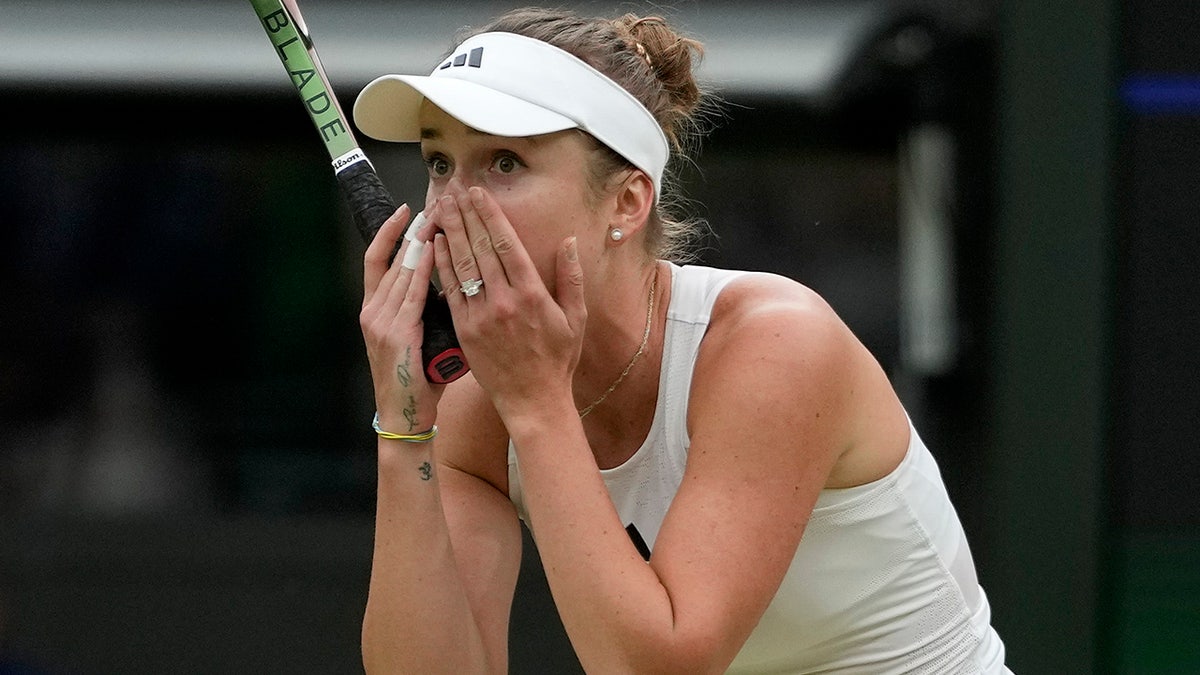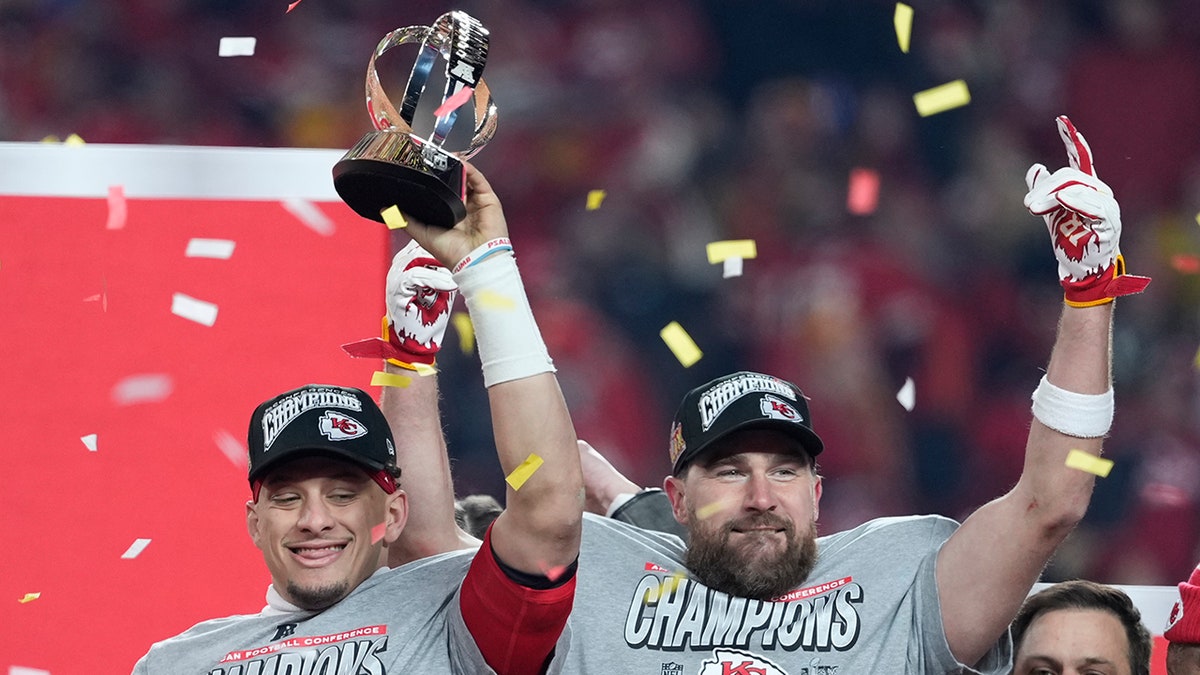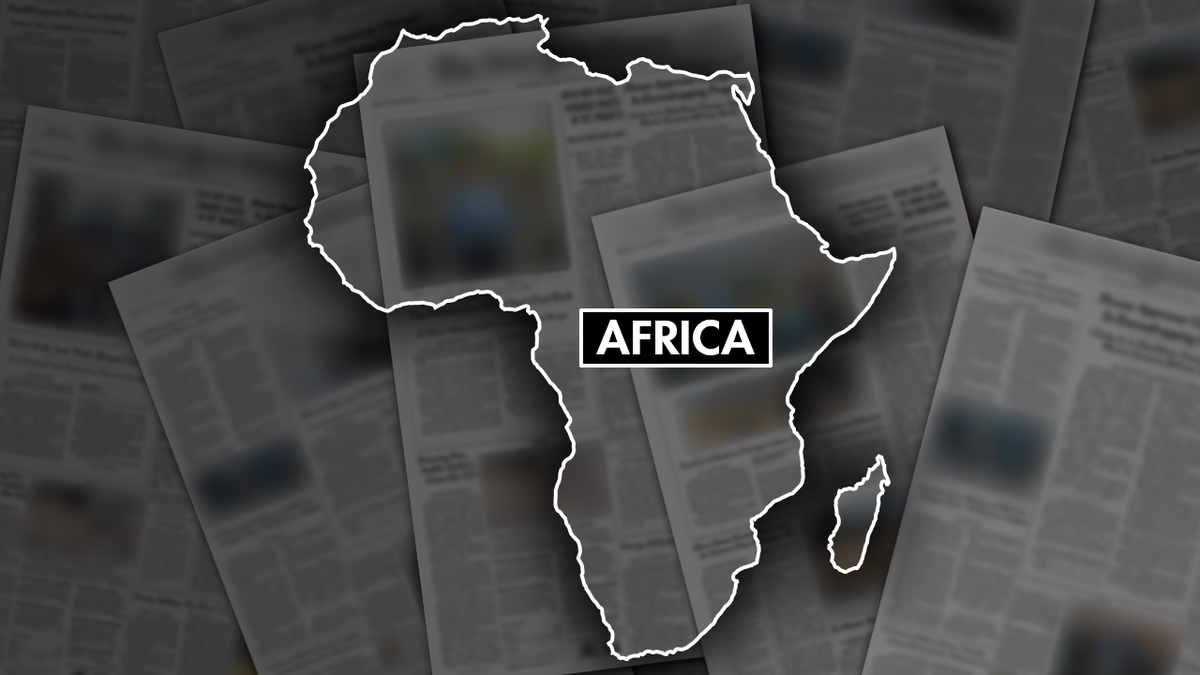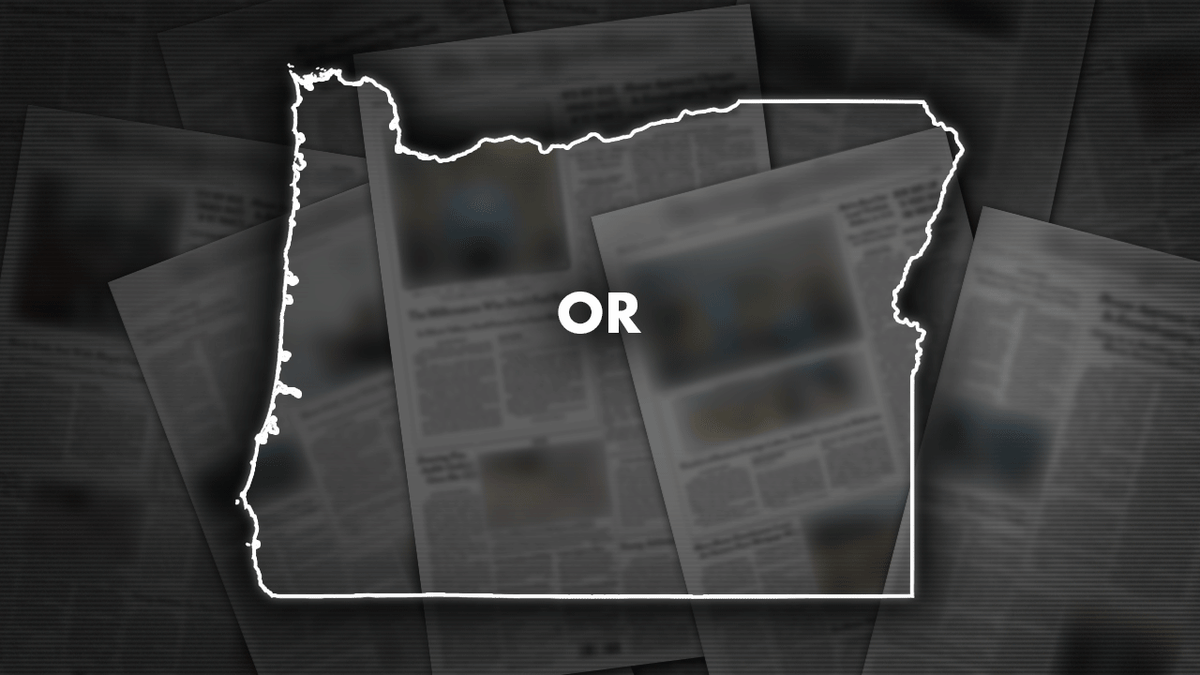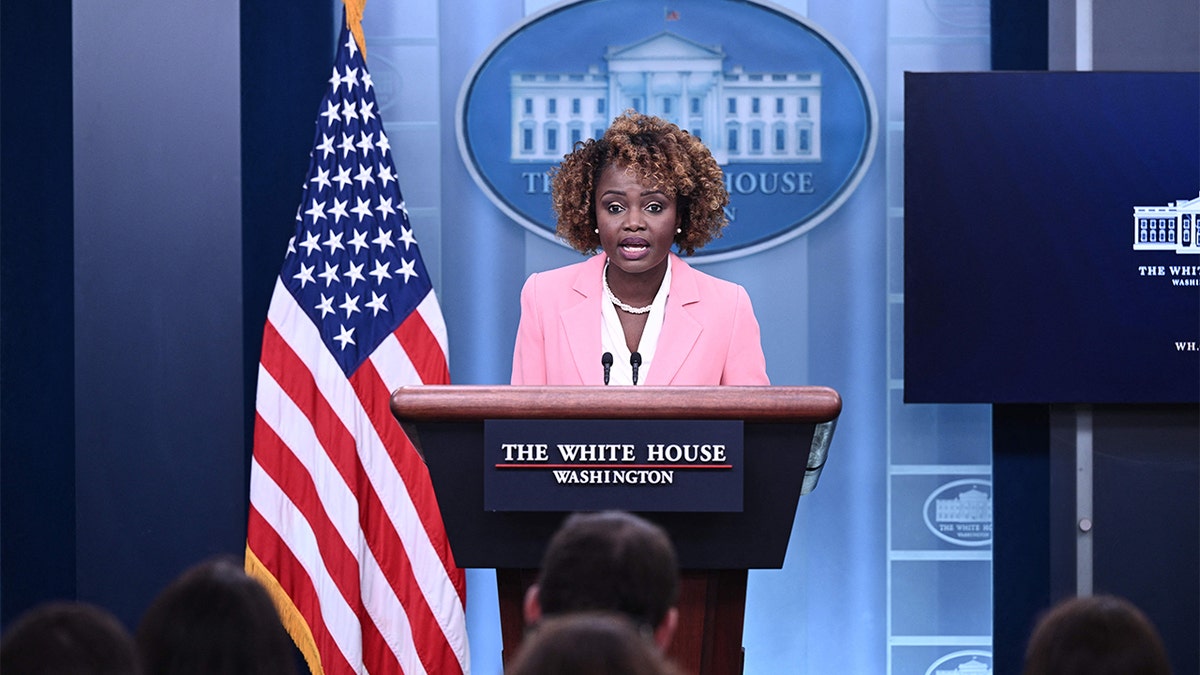Recent Supreme Court decisions overturning landmark cases like Roe v. Wade and affirmative action have ignited a firestorm of debate. The court's 6-3 conservative majority is facing intense criticism from the left, with some calling for drastic measures like court expansion and even impeachment. This reaction mirrors past conservative responses to liberal rulings, but the intensity has escalated. While some Democrats and media outlets previously championed decisions like Roe and Bakke as progressive steps, the current court's reversal of these precedents has sparked outrage and demands for change.
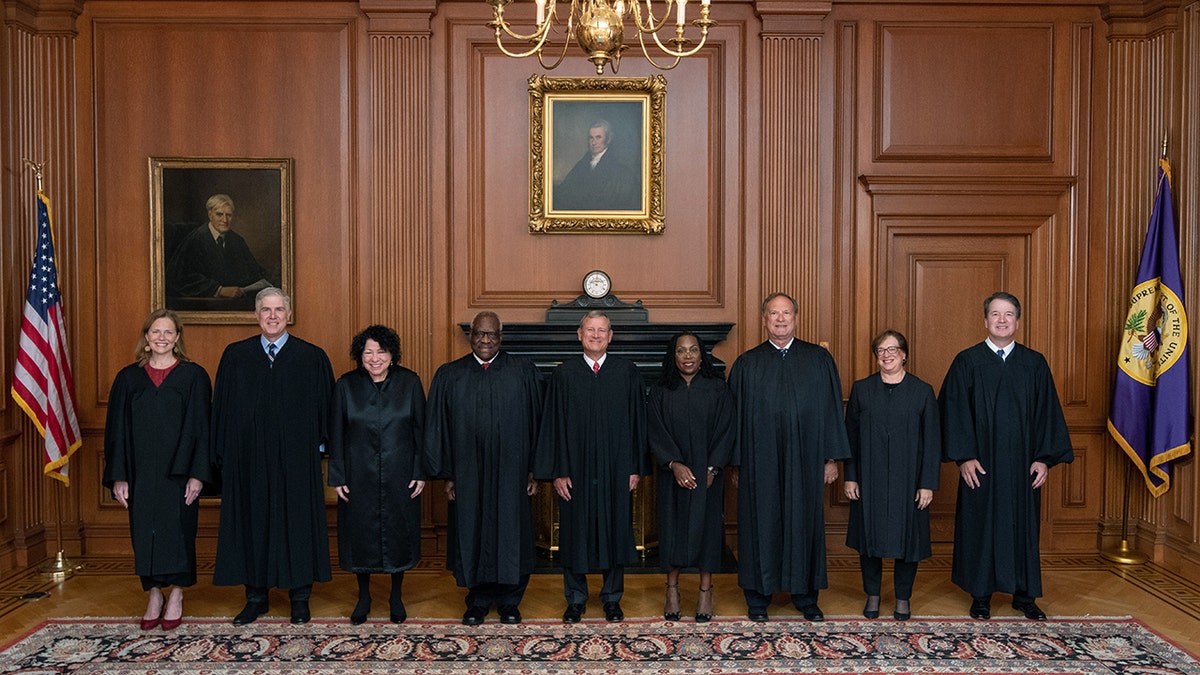
The overturning of Roe v. Wade, ending the national right to abortion, and the striking down of affirmative action in college admissions have left many on the left feeling betrayed and demanding action. President Biden, while critical of the court's decisions, has resisted calls for court packing, a controversial tactic attempted unsuccessfully by FDR. Further fueling the controversy are recent exposés about undisclosed financial dealings of Justices Thomas and Alito, adding to the calls for ethics reform within the court.
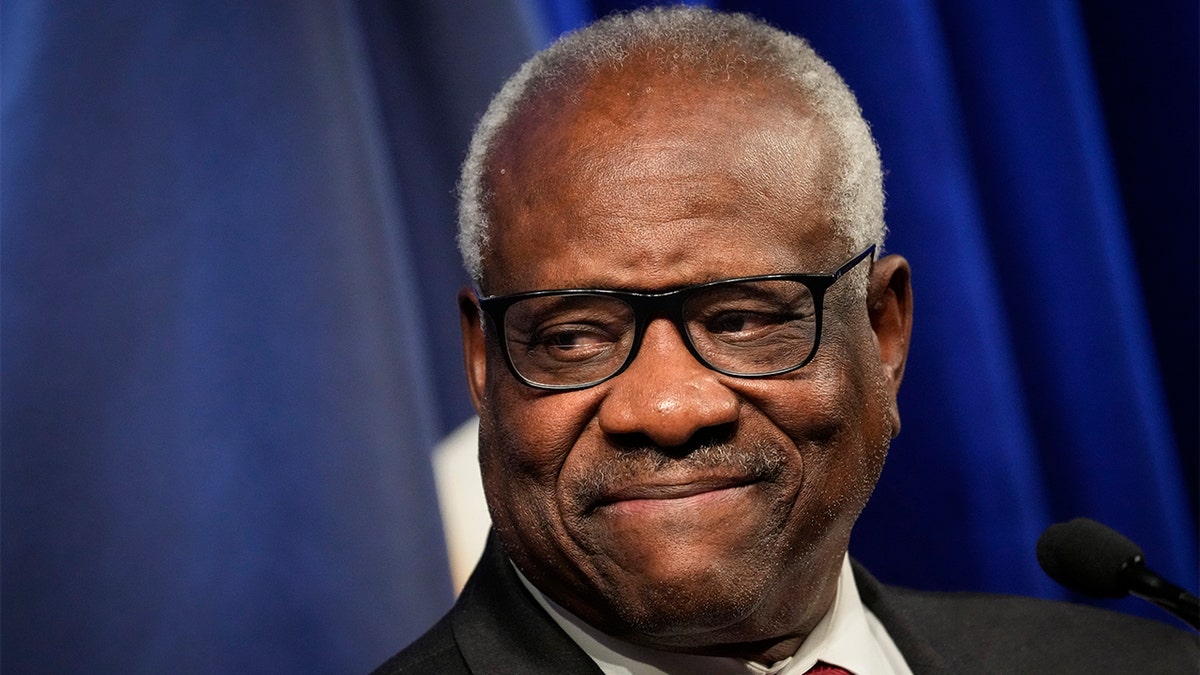
The debate extends beyond the courtroom, with figures like MSNBC host Joy Reid sharing personal anecdotes about benefiting from affirmative action. However, publications like the New York Times acknowledge the limited scope of affirmative action's impact on college admissions, with a relatively small number of students affected. The conversation also touches on the complexities of affirmative action, including the concerns of Asian-Americans feeling disadvantaged by race-conscious admissions policies.
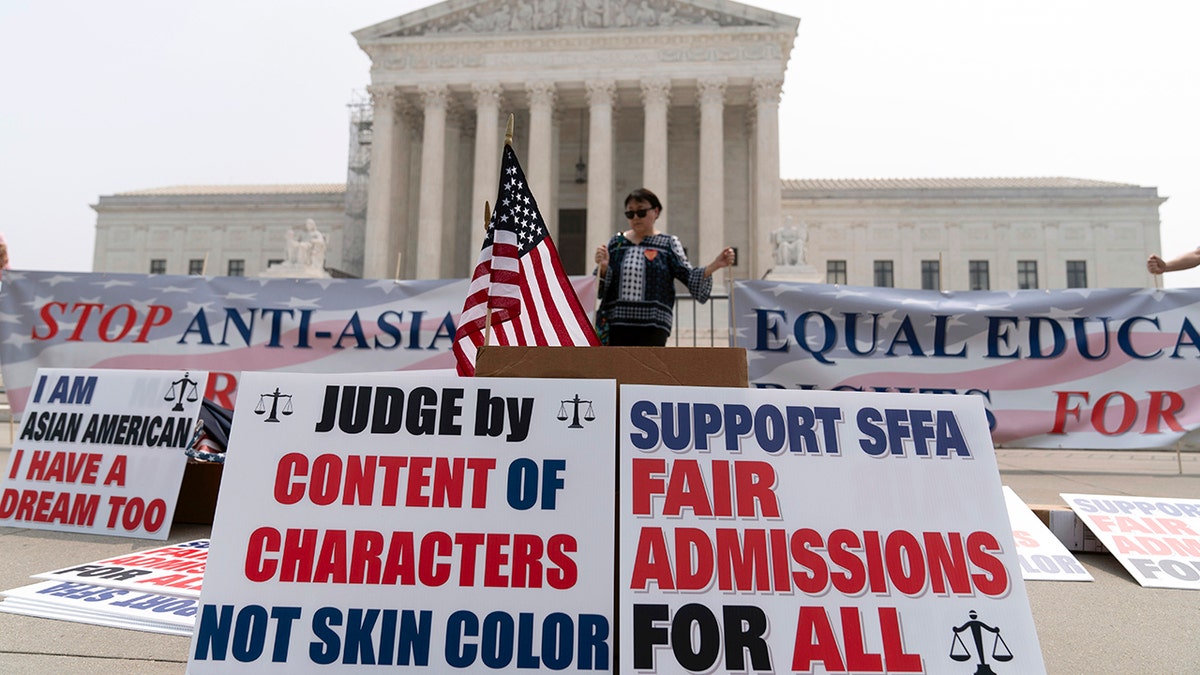
Another contentious ruling involved the rejection of President Biden's student loan forgiveness program, a decision anticipated due to constitutional concerns. Critics question the executive branch's authority to unilaterally forgive such a substantial amount of debt. Underlying these debates is the question of precedent and whether the court's overturning of long-standing decisions represents a radical shift or a necessary correction. While both sides of the political spectrum have historically accepted judicial activism when it aligns with their views, the current climate reflects a deeper struggle over the court's role and its impact on American society.


